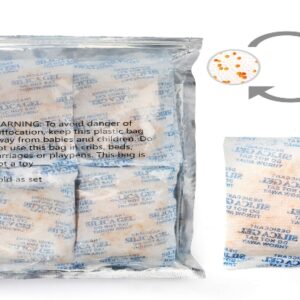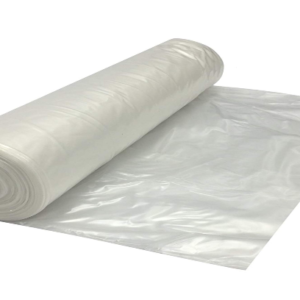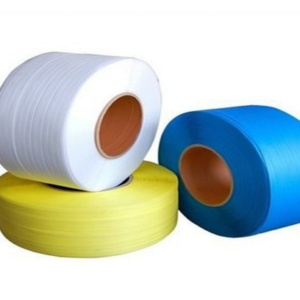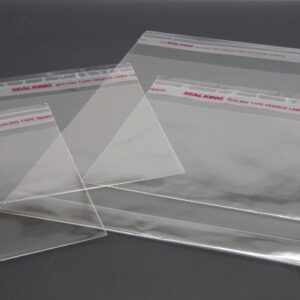Tarpaulins, often abbreviated as tarps, are large, versatile sheets made from durable materials designed to provide protection and cover against environmental elements. They are widely used in both industrial and residential settings for a variety of applications due to their strength, flexibility, and resistance to weather conditions.
Key Features:
- Durable Material: Tarpaulins are typically made from high-strength materials such as polyethylene (PE), polyvinyl chloride (PVC), or canvas. These materials are chosen for their durability and resistance to tearing, abrasion, and UV radiation.
- Waterproof and Weather-Resistant: Many tarps are designed to be waterproof, providing effective protection against rain, snow, and moisture. They also offer resistance to sun exposure and wind, making them suitable for outdoor use in various weather conditions.
- Reinforced Edges: Tarpaulins often feature reinforced edges with grommets or eyelets, which allow for easy attachment to structures or securing with ropes and bungee cords. This reinforcement helps to prevent tearing and ensures the tarp stays in place.
- Various Sizes and Thicknesses: Available in a wide range of sizes and thicknesses to suit different needs. From small tarps for covering equipment to large tarps for protecting vehicles or construction sites, there is a suitable option for almost any application.
- Flexible and Lightweight: Tarps are designed to be flexible and lightweight, making them easy to handle, transport, and deploy. They can be folded or rolled for convenient storage when not in use.
- Multi-Purpose Use: Tarpaulins can be used for a variety of applications including as ground covers, temporary shelters, protective covers, and more. They are versatile tools for both temporary and long-term solutions.
- Easy to Clean: The smooth surface of most tarps allows for easy cleaning. Depending on the material, they can typically be wiped down or hosed off to remove dirt and debris.
Applications:
- Construction Sites: Used to cover building materials, protect equipment, and provide temporary shelter for workers. Tarps help keep materials dry and prevent damage from weather conditions.
- Outdoor Activities: Ideal for camping, picnicking, and other outdoor activities where protection from the elements is needed. Tarps can be used as ground sheets, shelters, or rain covers.
- Transportation and Storage: Employed to cover and protect goods during transport or storage. They help to keep items dry and shielded from dust, rain, and other environmental factors.
- Emergency and Disaster Relief: Used in emergency situations to provide temporary shelter, cover damaged areas, and support disaster relief efforts.
Benefits:
- Effective Protection: Provides reliable coverage and protection from weather elements, moisture, and debris.
- Versatility: Suitable for a wide range of uses from industrial to recreational, offering a flexible solution for various needs.
- Durability: Made from strong, resilient materials designed to withstand harsh conditions and heavy use.
- Cost-Effective: An economical solution for temporary and long-term coverage needs, offering value for money in both residential and industrial applications.







Reviews
There are no reviews yet.